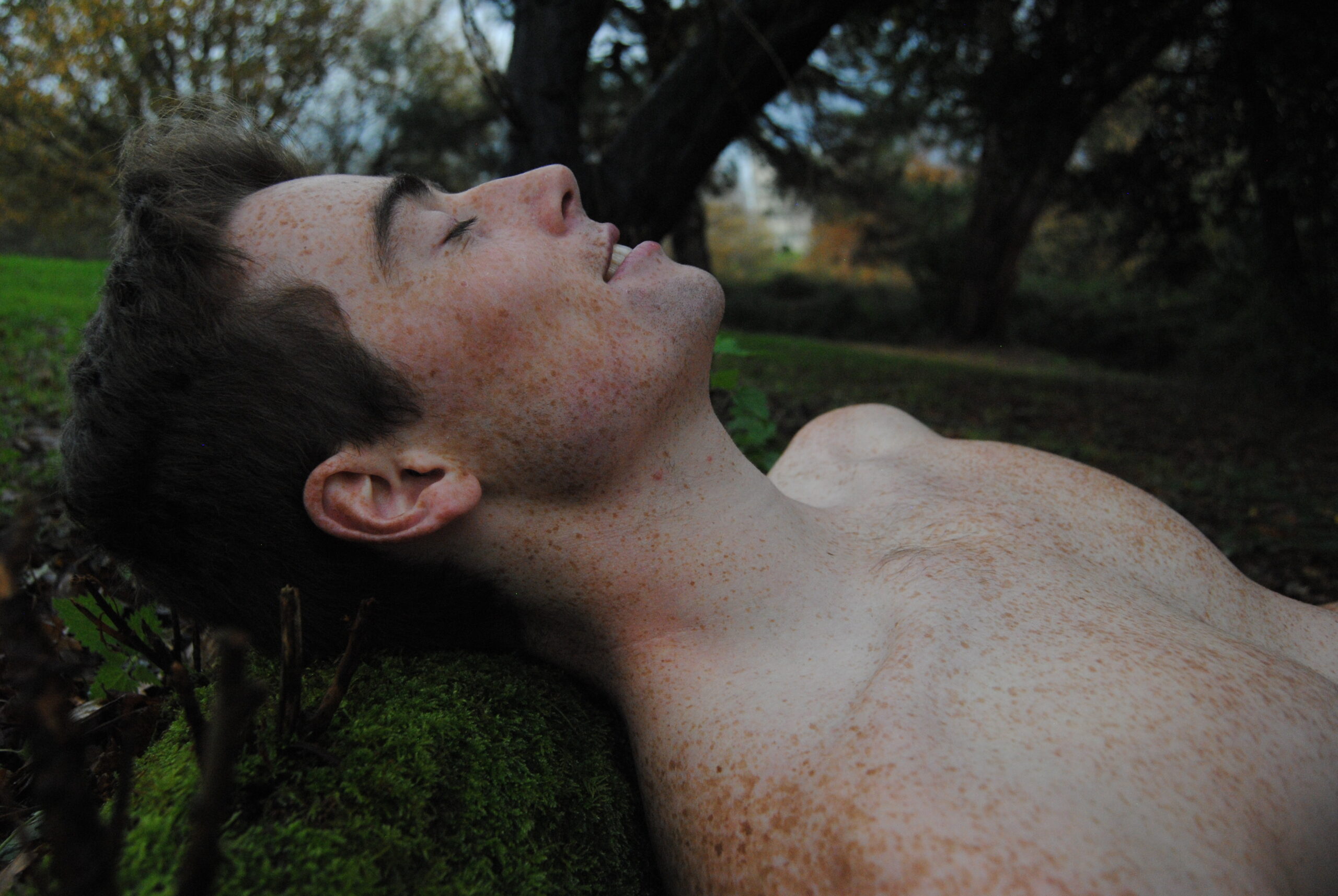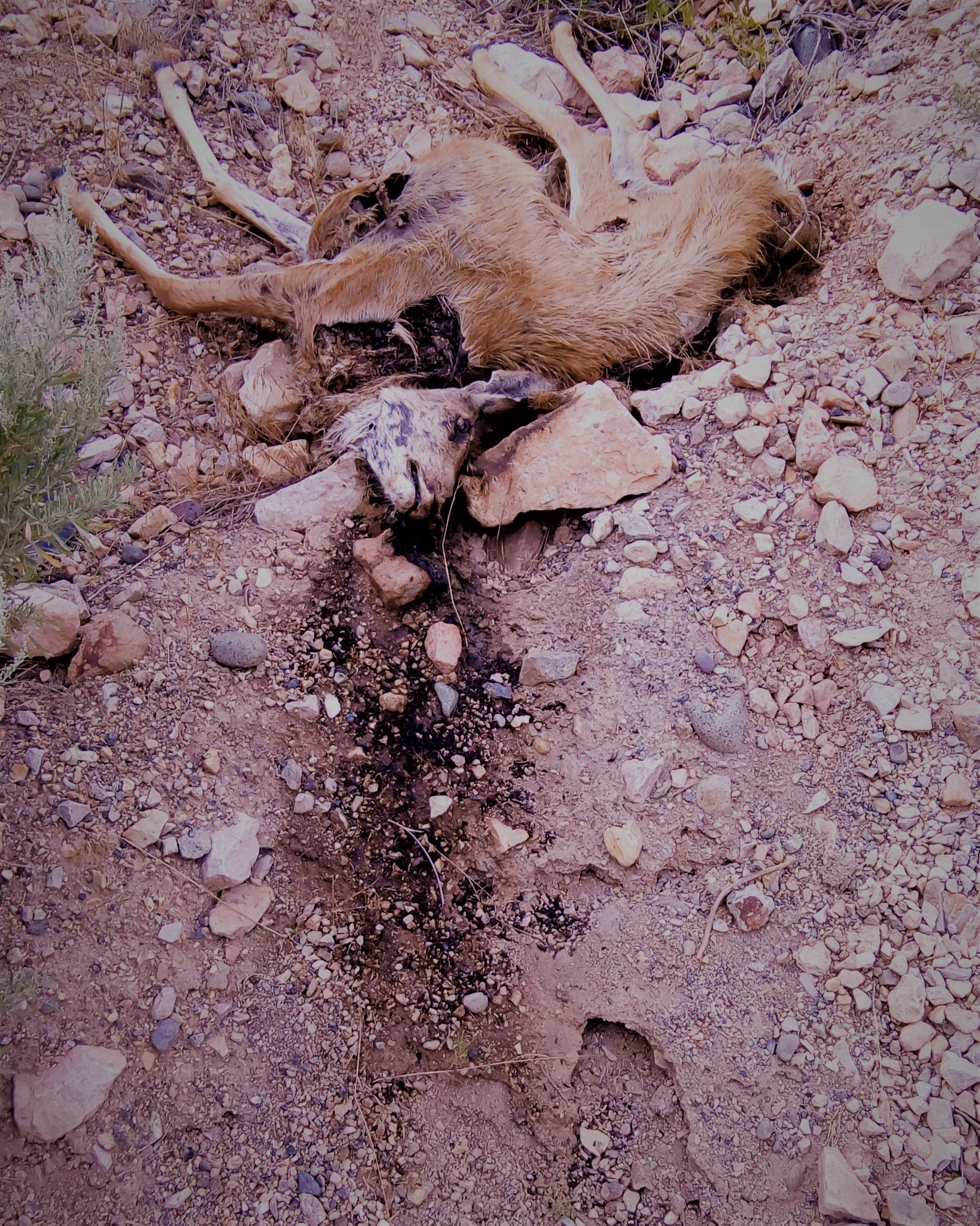Froelich ’19 renders beauty and decay while abroad in Bilbao
February 23, 2018
 Courtesy of Blanche Froelich
Courtesy of Blanche FroelichBlanche Froelich ’19 wanted a unique, year-long study abroad experience. She looked for two criteria when selecting where to travel: first, she wanted to study studio art; second, she wanted to live in a Spanish-speaking country.
“If I hadn’t been allowed to petition [to study at the University of Basque Country], I don’t think I would be studying art abroad,” she said. “A lot of the programs—especially the ones in Spanish—that included visual arts are more like direct-enrolling in general credits and taking a ceramics class if it was offered. I would have rather have stayed at Bowdoin’s art department than take one-off ceramics classes.”
Froelich made the unorthodox choice to study at the University of Basque Country for a year, instead of a semester. She had to petition Bowdoin in order to study at the University, where she will be until this summer.
Froelich said that she could not pass up the opportunity to study abroad and opted to extend the experience. “I was doing the math in my head, and I knew that this has a good chance of being the only time in my life that I really can do this kind of experience, and certainly the only one where I’m going to have financial backing from an institution like Bowdoin,” she said. “I just wanted to go for it.”
During her time abroad, Froelich has taken a handful of studio arts classes. At the end of one of her courses last semester, Froelich and her peers showed their artwork in an abandoned factory.
“Bilbao used to be an industrial city, and that’s changed over the last 20 years or so. There are lots of regions with abandoned factories that haven’t been gentrified or renovated yet,” Froelich said.
The show gave Froelich the opportunity to “develop a body of work completely and without direction,” as well as work alongside local students.
“We all had distinct spaces. It was a really fulfilling experience,” she said.
 Courtesy of Blanche Froelich
Courtesy of Blanche FroelichFroelich’s art explores themes of beauty and decay.
“I’m interested in how beauty rots. I’m interested in how disgusting I can make something, letting natural processes like time and biology take their toll,” she said. Her art helps her to process ideas of mortality.
“I’m interested in the beauty of impermanence and the ways our bodies exist in space and in time,” said Froelich. “The natural conclusion is [that] our bodies age. That’s not something to be feared inherently. We have a lot of anxiety about dying, about getting older, about the ephemeral, and I do too. I think the best way I know to process that at this point in my life is to celebrate the beauty in things, and celebrate the fact that things are beautiful because they go away. I’m fine with that.”
Froelich has explored these themes in her work at Bowdoin, including one piece that featured rotting food and mold.
“Responding to the way my work changes is so important to me as an artist,” she said. “The fact that a lot of my work is impermanent is important to my work overall. If something is stagnant, I can’t react to it; I can’t get more information out of it; I can’t learn and grow from it.”
Froelich joked that she does not remember when she became fascinated with bodies and decay.
“I’d have to ask my parents when I started being morbid and awful and disgusting, but it was very early,” she said. “I remember being five and bringing anatomy books to the dinner table and my family gagging, or saving rotting food in the back of my closet to see what it would do—I mean, that sounds a little diagnosable, I know—I’ve always been interested in the morbid or darker side of things.”
In Bilbao, Froelich’s access to studio space and materials is more limited. As a result, she is exploring different mediums, including photography, painting and printmaking. She has been capturing photos of decaying animals. Photography allows her to “have a clean and distant way of interacting with something that’s rotting,” she said.
Her next project is to make sculptures of her photography subjects.
“Right now, I’m experimenting with making these sculptures that are abstracted forms of some of the animals I photographed last semester. Ideally, when I finish them, they’ll look pristine, but then I will allow them to rot—feeding them and keeping them moist and then dry,” she said.
In addition to adapting her art, Froelich has embraced Basque culture.
“The cool thing about being in Bilbao is I not only have Spanish culture to adjust to, but I also have Basque culture to adapt to, which is really different from anything else on the planet,” she said.
“There are a lot of things I’m getting out of my experience here that my friends who are studying abroad in Madrid or Barcelona or Granada really don’t. It’s been so different because it’s such a small region geographically. It’s not something you’d ever learn about in the states in a Spanish class, for example, because it’s such a minority,” she said.
Froelich is particularly interested in Euskera, the language spoken in Basque Country, which she described as “linguistically isolated,” as well as Basque Country’s long history of fighting for independence.
When asked what she will miss most about her year abroad, Froelich responded that she would miss the slower pace of life in Basque Country, which includes siestas, as well as the ability to explore Bilbao. “I will miss the sense of being able to see something new each day. To hop on a bus in this tiny town with all of this amazing history, and to have the time to do that is something I am definitely going to miss,” Froelich said.

Comments
Before submitting a comment, please review our comment policy. Some key points from the policy: